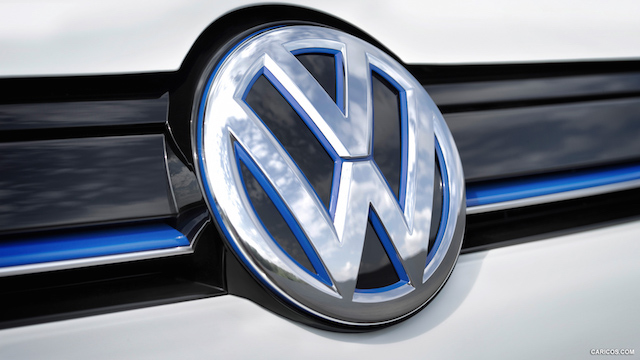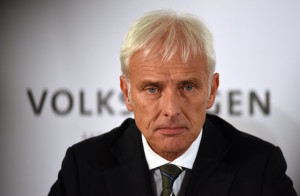
The so-called ‘dieselgate’ scandal has deepened with the Volkswagen Group admitting that fuel consumption and emissions claims for up to 800,000 of its cars were “set too low”.
In other words, the cars used more fuel and consequently spewed more carbon dioxide (CO2) from exhaust emissions than VW claimed. It said it found “inconsistencies” in the CO2 data.
The German giant said in a statement: “Under the ongoing review of all processes and workflows in connection with diesel engines it was established that the CO2 levels and thus the fuel consumption figures for some models were set too low during the CO2 certification process. The majority of the vehicles concerned have diesel engines.”

It said it would immediately start talking to the “responsible agencies” on the “consequences of these findings” and had set aside NZ$3.2 billion to cover the cost of the process.
It did not identify the vehicles but the statement came from the VW Group, which includes VW, Audi, Porsche, Bentley, Bugatti, Lamborghini, Skoda and Seat.
Volkswagen CEO Matthias Müller said in a statement: “From the very start I have pushed hard for the relentless and comprehensive clarification of events.
“We will stop at nothing and nobody. This is a painful process, but it is our only alternative. For us, the only thing that counts is the truth.
“That is the basis for the fundamental realignment that Volkswagen needs. The Board of Management of Volkswagen AG deeply regrets this situation and wishes to underscore its determination to systematically continue along the present path of clarification and transparency.”
The latest crisis comes as the European Union released details of its new policy on emissions of nitrogen oxides from diesel cars.
Real-world tests on exhaust pollution begins in September 2017, but the EU has allowed NOx emissions to exceed Euro6 limits by 110 per cent until January 2020.
Industry watches see this as an admission that carmakers won’t be able to meet the 2017 NOx limits in time. Indeed, carmakers have said as much.
